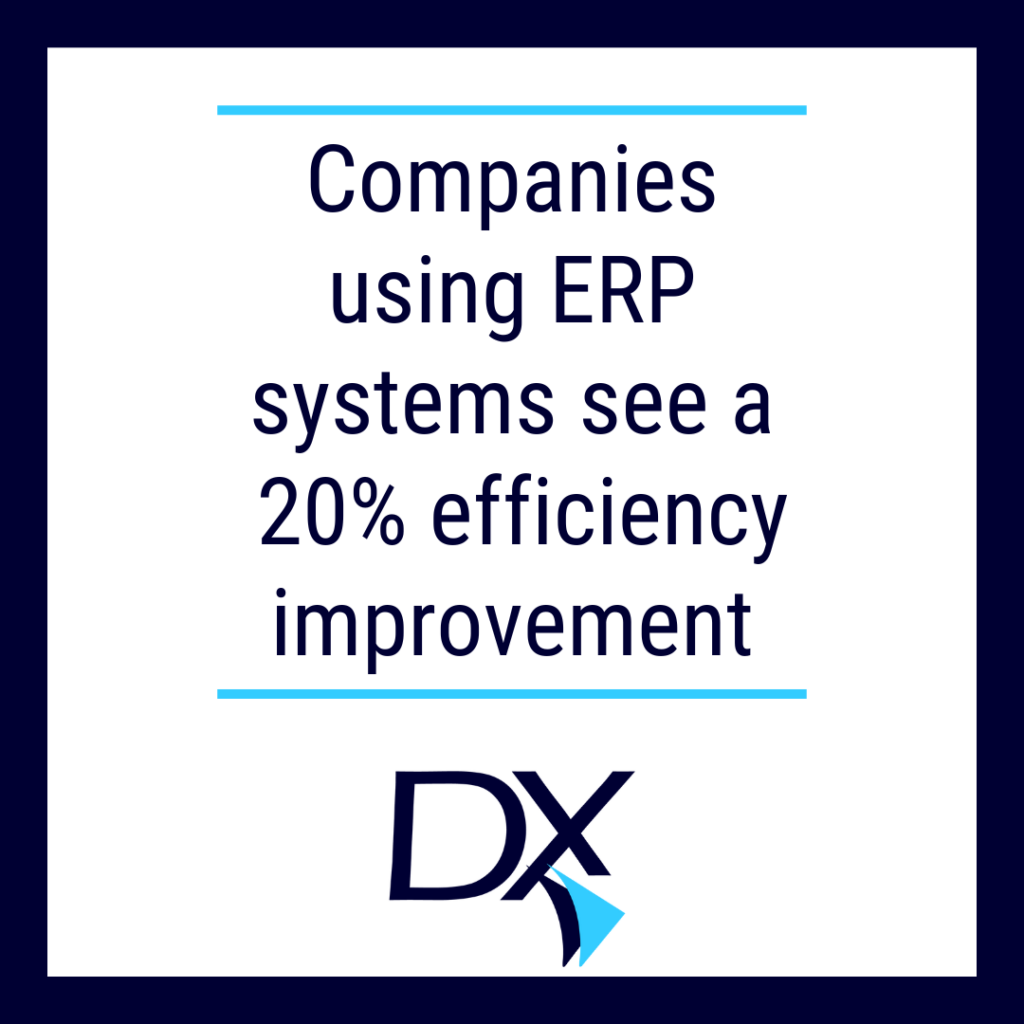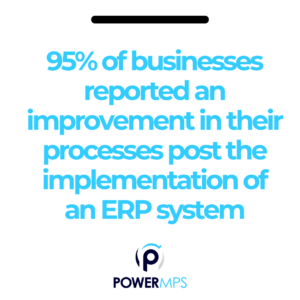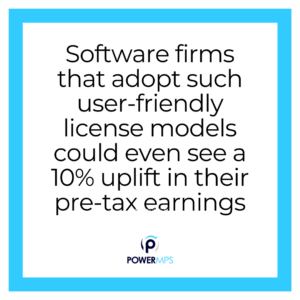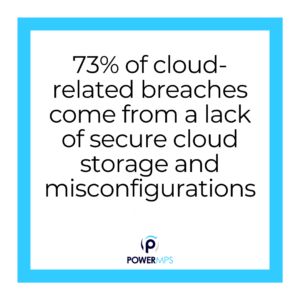Office technology and equipment providers face unique challenges that demand specialized solutions. Investing in an industry-centric Enterprise Resource Planning (ERP) system is now a necessity. These tailored systems offer functionalities designed for the office technology sector, ensuring businesses stay competitive and efficient.
By leveraging an industry-specific ERP, businesses can streamline operations, enhance collaboration, and improve efficiency. Unlike generic solutions, these ERPs come with built-in features that cater to office technology providers. Companies can manage inventory, service schedules, and customer relationships seamlessly. Integrating various functions into a single system reduces complexity, enabling organizations to focus on growth and customer satisfaction.
Understanding Industry-Centric ERP Systems
Unlike generic ERP solutions, industry-centric ERPs are designed for specific industries. Office technology and equipment providers benefit from tools that align with their needs. These include inventory management for specialized equipment, service scheduling, and customer relationship management.
These systems incorporate sector-specific workflows, ensuring business processes remain optimized. Additionally, industry-centric ERPs offer flexibility and adaptability, allowing organizations to configure workflows as needed. This targeted approach removes unnecessary features found in generic ERPs, making them a more efficient and cost-effective solution for office technology providers.
Enhanced Operational Efficiency
 Implementing an industry-specific ERP significantly boosts operational efficiency. Automating repetitive tasks and streamlining workflows reduces manual errors and frees up time for strategic initiatives. According to a NetSuite report, companies using ERP systems saw a 20% efficiency improvement within the first year.
Implementing an industry-specific ERP significantly boosts operational efficiency. Automating repetitive tasks and streamlining workflows reduces manual errors and frees up time for strategic initiatives. According to a NetSuite report, companies using ERP systems saw a 20% efficiency improvement within the first year.
Automation also improves collaboration across departments by centralizing data and standardizing processes. This enhances communication, reduces redundancies, and boosts productivity. Office technology providers can use ERP-driven insights to optimize scheduling, minimize service disruptions, and ensure a more efficient workforce.
Cost Reduction Through Tailored Solutions
Generic ERPs often require extensive customization to meet industry needs, increasing costs and deployment time. In contrast, industry-specific ERPs come pre-configured with relevant features, reducing costs and accelerating ROI. A study by Aptean found that businesses using industry-specific ERPs saw a 15% reduction in total cost of ownership compared to those using generic systems.
By eliminating the need for third-party add-ons or costly custom development, businesses can allocate resources more effectively. Industry-centric ERPs also optimize procurement and inventory management, reducing excess stock and lowering operational costs. Over time, these savings allow office technology providers to reinvest in innovation and service improvements.
Improved Decision-Making with Real-Time Data
Access to real-time data is crucial for informed decision-making. Industry-centric ERPs centralize data from departments such as sales, inventory, and customer service. This holistic view enables managers to make timely decisions based on accurate information. NetSuite reports that businesses using ERP systems saw a 30% improvement in decision-making due to enhanced data visibility.
Advanced analytics tools within ERP platforms help businesses identify trends, forecast demand, and develop data-driven strategies. The ability to analyze key performance indicators (KPIs) helps office technology providers adapt to industry shifts and customer preferences, leading to better planning and execution.
Scalability to Accommodate Growth
As office technology providers grow, operational complexities increase. Industry-specific ERPs scale with business growth, supporting new processes, higher transaction volumes, and additional users without performance issues. This ensures that the ERP system remains a valuable asset throughout a business’s lifecycle.
Cloud-based ERP solutions further enable businesses to scale operations without large infrastructure investments. Remote access and flexible subscription models allow companies to expand their workforce and service offerings while maintaining system performance. This agility is essential for businesses in a fast-changing industry.
Compliance with Industry Regulations
The office technology sector is subject to various regulations and standards. Industry-specific ERPs include features to help businesses maintain compliance, from automated reporting to audit trails. This reduces the risk of non-compliance and simplifies adherence to industry standards.
ERP systems also ensure data security and governance through robust access controls, encryption, and automated compliance checks. Businesses can maintain accurate records and demonstrate regulatory adherence, reducing fines or legal risks. By integrating compliance management into ERP solutions, office technology providers can focus on growth while ensuring regulatory peace of mind.
Enhanced Customer Satisfaction
Delivering outstanding customer service is crucial in the office equipment industry. Industry-specific ERPs provide integrated customer relationship management (CRM) tools that track customer interactions, preferences, and service history. This data empowers businesses to offer personalized services, address issues quickly, and build long-term customer relationships.
Features such as automated ticketing, self-service portals, and proactive maintenance tracking enhance customer engagement. By responding quickly to service requests and ensuring a seamless experience, companies can improve customer loyalty and retention. In a competitive market, superior customer service can be a key differentiator.
Future-Proofing Business Operations
Investing in an industry-centric ERP system ensures businesses are ready for future challenges. These systems receive regular updates incorporating new technological advancements and industry best practices, keeping companies at the forefront of innovation.
With AI-driven automation, IoT integration, and predictive analytics, industry-specific ERPs prepare office technology providers for digital transformation. These systems enable businesses to remain agile, innovate continuously, and adapt to disruptions without major setbacks. In an evolving marketplace, having a future-ready ERP solution provides a sustainable competitive advantage.
The Future of ERP in Office Technology
For office technology and equipment providers, an industry-specific ERP system is no longer optional—it is essential for business strategy. The tailored functionalities, cost efficiencies, and scalability these systems provide offer a competitive edge in a dynamic market. By adopting an industry-centric ERP, businesses position themselves for sustained success and growth in the evolving office technology landscape.
In an era where efficiency, agility, and customer satisfaction are key, investing in the right ERP system is crucial. Office technology providers that implement industry-specific ERP solutions will enhance operational performance, increase profitability, and drive long-term innovation. Learn more about DxOne here






 In the ever-evolving landscape of ERP solutions, simplifying the process of customization has become a focal point. The future of ERP seems headed towards
In the ever-evolving landscape of ERP solutions, simplifying the process of customization has become a focal point. The future of ERP seems headed towards